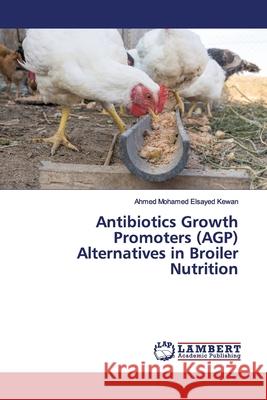Antibiotics Growth Promoters (AGP) Alternatives in Broiler Nutrition » książka
Antibiotics Growth Promoters (AGP) Alternatives in Broiler Nutrition
ISBN-13: 9783330336360 / Angielski / Miękka / 2019 / 168 str.
The health of the gastrointestinal (GI) tract is a key factor in the biological performance and efficiency of food producing animals. A healthy GI tract ensures optimal digestion and absorption of nutrients. The development and maintenance of optimal gut health is heavily reliant upon the acquisition and maintenance of a balanced gut microbiota. The gut microbiota of an animal is a complex community of micro-organisms dominated by bacteria. The bacteria in the intestinal tract vary in density and species in the different compartments of the gut depending on the local environment. The gut microbiota plays a vital part in the health and wellbeing of its host by providing a number of benefits. The gut microbiota aids digestion, protects against pathogens, produces nutrients and plays a role in the development and maturation of the gut tissues and immune system. Within the gut microbial community there are a number of opportunistic pathogens which have the potential to cause disease if they have the opportunity to translocate across the gut barrier. The gut barrier is essentially a single layer of epithelium which prevents bacteria from passing into the gut mucosa.











